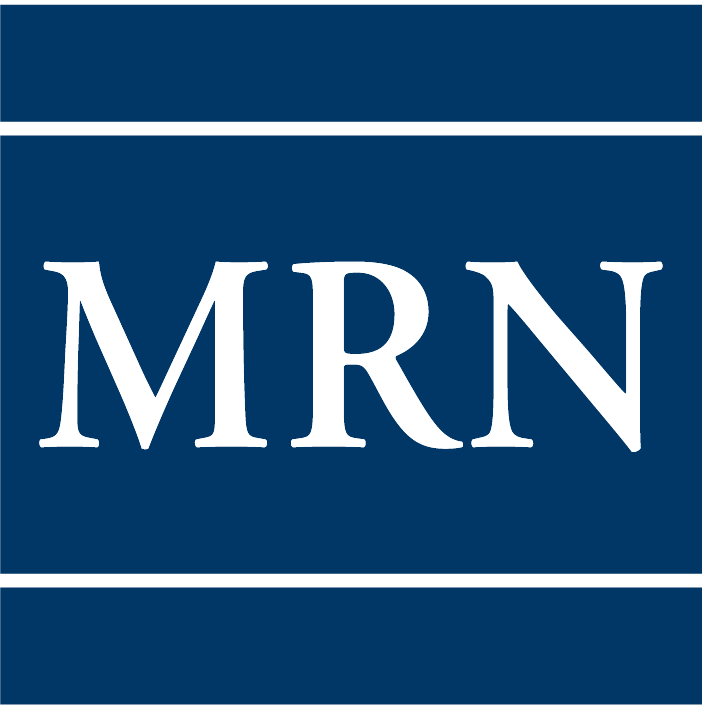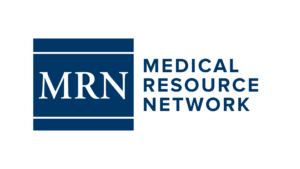Why do Medical Chronologies Exist?
Legal and Healthcare Uses: Medical chronologies help quality and risk management teams evaluate care practices more efficiently across healthcare settings. In claims management, medical chronologies provide the timeline and objective documentation that assists claims and legal professionals in identifying potential areas of risk related to personal injury cases, malpractice claims, or workers’ compensation cases. The documentation often identifies data that refutes claims, provides context to long-standing medical issues contributing to the claimed medical injuries, and identifies other factors such as inconsistencies in reported medical problems, unreported injuries, or failure to comply with recommended therapies that could improve outcomes.
The advent of electronic medical records presented a new challenge for clients dealing with medical records. Documentation exponentially grew with the advent of these systems. Printed medical records ballooned into unmanageable numbers of redundant documentation. Medical records often span thousands of pages, making it challenging to pinpoint critical details. A well-prepared medical chronology distills these records into an organized timeline, sometimes condensing 20,000 pages into fewer than 200 or even 100. This allows insurance adjusters and attorneys to assess what is potentially attributable to the claimed injury efficiently.
Isn’t it amazing that a tool like this exists to help map out thousands of pages of medical records easily?
When is a Medical Chronology Most Valuable?
A medical chronology is particularly valuable in complex situations involving multiple events or treatments. Here are some key roles:
- Medical chronologies provide a timeline for understanding whether medical conditions were identified and addressed promptly and appropriately, pulling together information from various disciplines and healthcare settings.
- A comprehensive medical chronology provides a factual foundation, helping adjusters, legal teams, and medical experts confidently assess the incident or injury.
- Beyond simply organizing records, a medical chronology helps identify patterns in care, potential system-related deficits, and key medical events.
- Medical experts appreciate utilizing medical chronologies because they highlight critical details, reducing the time needed for review and improving case analysis.
- Insurance adjusters also benefit, as they can quickly familiarize themselves with a claimant’s medical records without sifting through thousands of pages.
- Medical chronologies save money and time in assisting experts, adjusters, and attorneys in efficiently identifying missing and/or pertinent case information.
- Medical chronologies identify differing opinions expressed by treating providers regarding the cause-and-effect relationship and outcomes related to the incident or injury.
- Reviewing the medical records to develop a medical chronology often uncovers issues that have yet to be raised, allowing our client to determine whether additional resources should be allocated to evaluating these issues.
How many instances in your practice would a medical chronology have served to manage an incident or injury expeditiously? How would it have saved you time in determining your next outcome?
Advantages of Legal Nurse Consultants (LNC) in Creating Medical Chronologies
- MRN’s LNCs bring a unique advantage to the development of medical chronologies. Our team of registered nurses’ clinical expertise allows them to analyze medical records with a trained eye, ensuring that all relevant details are accurately captured and presented in a clear, structured manner. They understand medical terminology, treatment protocols, and standard care practices, enabling them to identify inconsistencies, missing documentation, and critical medical events that could impact case evaluations.
- Our LNCs have a great wealth of experience; some have functioned in the role for more than 20 years. This makes us adept at quickly identifying what is needed in voluminous records and cutting through unnecessary records, saving time in review. Because of our experience, we can draw upon each other to quickly determine the best course of action when completing medical records reviews.
- Medical chronologies are a work of art. MRN’s legal nurse consultants strive to concisely present an objective picture of a claimant, their treatment, the outcomes, and potential injuries. We receive positive comments from our clients and experts regarding the usefulness of medical chronologies.
Our expertise ensures that medical chronologies are not just timelines but well-organized tools that clarify complex legal-medical issues. It’s fascinating how they bridge the worlds of healthcare and law.
In summary, verbatim medical chronologies are an invaluable tool for evaluating claims, offering a clear, time-efficient way to analyze medical records. When developed by MRN’s team of legal nurse consultants, these medical chronologies become even more powerful, ensuring accuracy, efficiency, and a deeper understanding of the medical aspects of a claim. Interested in learning more about MRN’s medical chronologies and legal nurse consulting services? Contact us for a free consultation at 888-899-1406 or medres@medres.net.




